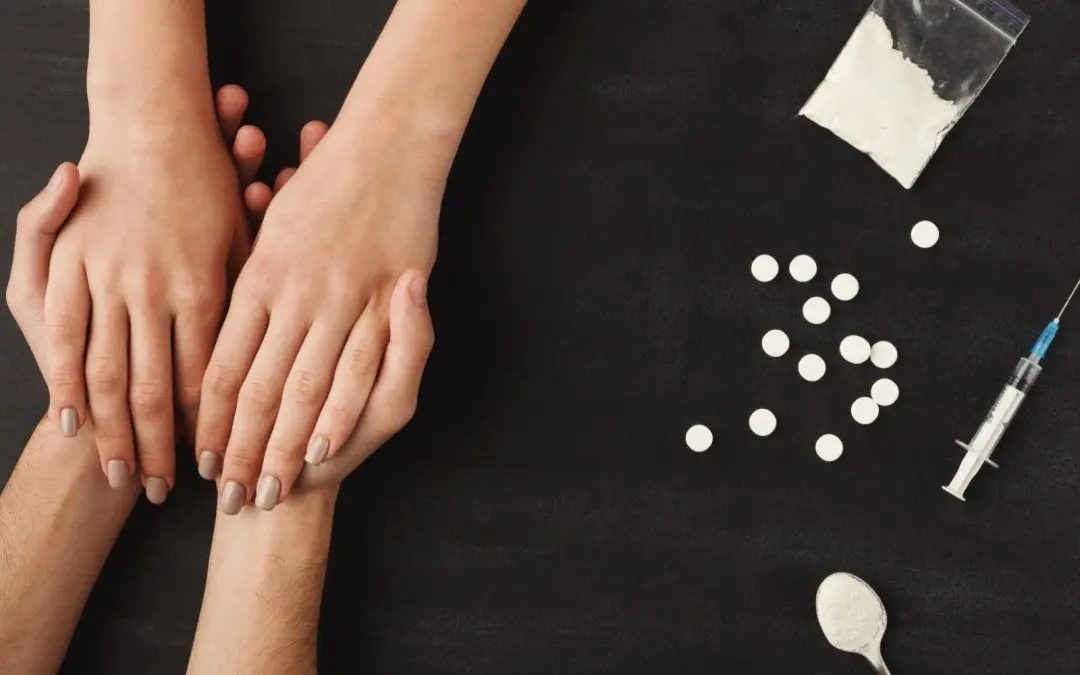24/7 Helpline:
(866) 899-221924/7 Helpline:
(866) 899-2219
Learn more about Group Therapy centers in Pine Hall
Group Therapy in Other Cities

Other Insurance Options

Self-pay options

BHS | Behavioral Health Systems

Choice Care Network

Health Net

Molina Healthcare

UMR

MHNNet Behavioral Health

Ceridian

Horizon Healthcare Service

Anthem

Premera

Carleon

Sutter

United Health Care

CareSource

Kaiser Permanente

Regence

Cigna

Providence

Ambetter















